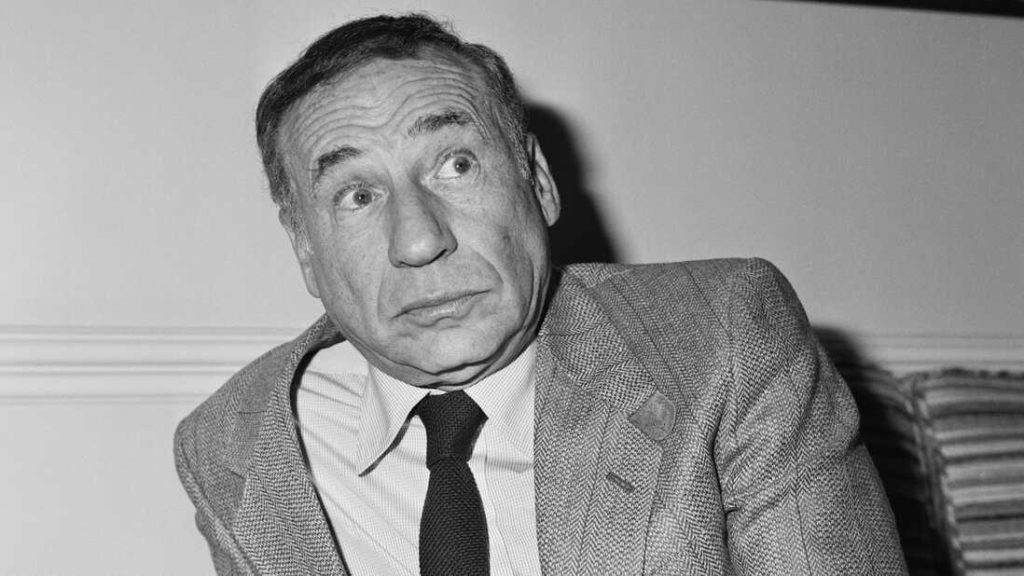The Dignity of Difference
BY HADASSA BECKER
One of the most widely known Jewish figures of the twenty-first century, Rabbi Lord Jonathan Sacks devoted much of his life to studying humanity, philosophy, and the world’s religions. In his book The Dignity of Difference, Rabbi Sacks speculates that in today’s interconnected world, the only way to reach universal peace is by recognizing and respecting the differences in others, and juxtaposing that with the equality inherent in all people as human beings.
In the book, a principal topic Rabbi Sacks explores is the relationship between politics and religion. He explains how during the Enlightenment, leaders strove to remove rule by and traces of religion, claiming it divided society and caused suffering. Political leaders took the place of the clergy; their job was to toil for the common good and merge society into one cohesive group.
However, it soon became evident that there were problems not only with the old religiously-dominated world, but with a political one as well. On the one hand, as policies were made towards “the common good,” it became clear that for anything to be good for everyone, all people had to be the same; in order for any policy to apply to the common, there needed to be a commonality. On the other hand, religion and faith give its believers an identity and a purpose in this world. Any given religion unites its followers by telling them: “We were chosen by God to fulfill such-and-such mission, and we must work together towards that goal.”
But as Rabbi Sacks writes, “By creating an us, we automatically create a them.”
Thus, after presenting the pros and cons of both religious and secular worlds, Rabbi Sacks explains that while religion may seem to cause conflict, the removal of religion also removes obligatory moral standards, only increasing strife and discord. He then boldly suggests that religious leaders must find the strength within themselves to take a stand, even in this highly political world. “If religion isn’t a part of the solution, it will certainly be part of the problem,” Rabbi Sacks asserts.
Next, Rabbi Sacks outlines how other religions can follow Judaism’s example, as a religion that has begun the path to world peace by recognizing that while there is only one God, there are many hundreds and even thousands of ways to serve Him. In Judaism, there is a concept of the “pious of the nations”—even those that are not members of the Jewish faith can be considered pious and have a share in the World to Come.
Unlike Christianity, Jews do not go out in search of converts to our faith, although we do believe in the seven commandments God gave to Noah, which every person is obligated to keep. This is why, multiple times, Rabbi Sacks refers to Judaism as a religion which is both tribal and universal—one which manages to create an “us” without creating a “them.” In other words, Judaism is both particular but not hostile towards others. To once again quote Rabbi Sacks, Jews believe that “God may at times be found in the human other, the one not like us.”
Rabbi Sacks served as Chief Rabbi of Britain for upwards of twenty years. Serving in a very public position, he had many unique experiences informing the beliefs found in this book. In the prologue, Rabbi Sacks describes an experience that led him to believe that there can be peace between religions. He once saw nearly 1,000 religious leaders gathered in the United Nations. There was a serene and respectful atmosphere, charged with a sense of urgency—the immediate need to create peace between peoples. He concluded that if the leaders of these religions could interact peacefully and respectfully with each other, then so could their followers.
Shortly after this conference, the tragedy of 9/11 occurred, serving only to deepen the sense of urgency in reaching peace between nations and religions. The Dignity of Difference was published less than a year later. Although
Rabbi Sacks never said so outright, one can infer that the book was written
in response to the tragic event, a heartfelt plea to all religious leaders and followers to work towards the goal of world peace.
Having read The Dignity of Difference once, appreciating the raw emotion as well as the pure intellectualism evident in Rabbi Sacks’ writing, I read it again to make sure I caught every last insight. When given an opportunity to write about this amazing book, I grabbed it, in the hopes of inspiring others to read this pioneering work as well. I strongly recommend The Dignity of Difference for any person, religious or not, to read as we work to realize a world that is a true global village, with people from all walks of life living side by side in relative harmony.
Ms. Hadassa Becker is a recent graduate of Pe’er Bais Yaakov in Monsey, New York. She lives in Monsey.
Suggested Reading

A New Viewpoint on Diversity
Often, it seems that the people who talk about diversity never visit diverse communities. People seem to think that diversity is based on how one looks. True diversity is not about how someone looks, but how they act.

My Real Internal Conflict is Not One of Clashing Interests
When do my Jewish interests and American interests conflict? After much careful internal deliberation, I have concluded that they do not.

Regaining our Power Through Knowledge: The Solution to Rising Anti-Semitism on Campus
An emotional connection to our Judaism cannot be our only solace. Knowledge is the solution to the problem Jewish students face today.

All About Mel
In an iconic moment of the 1967 film The Producers, scantily clad dancers dressed as Nazi sturmtruppen move into swastika formation and slowly rotate, surrounded by Third Reich banners and singers extolling the…